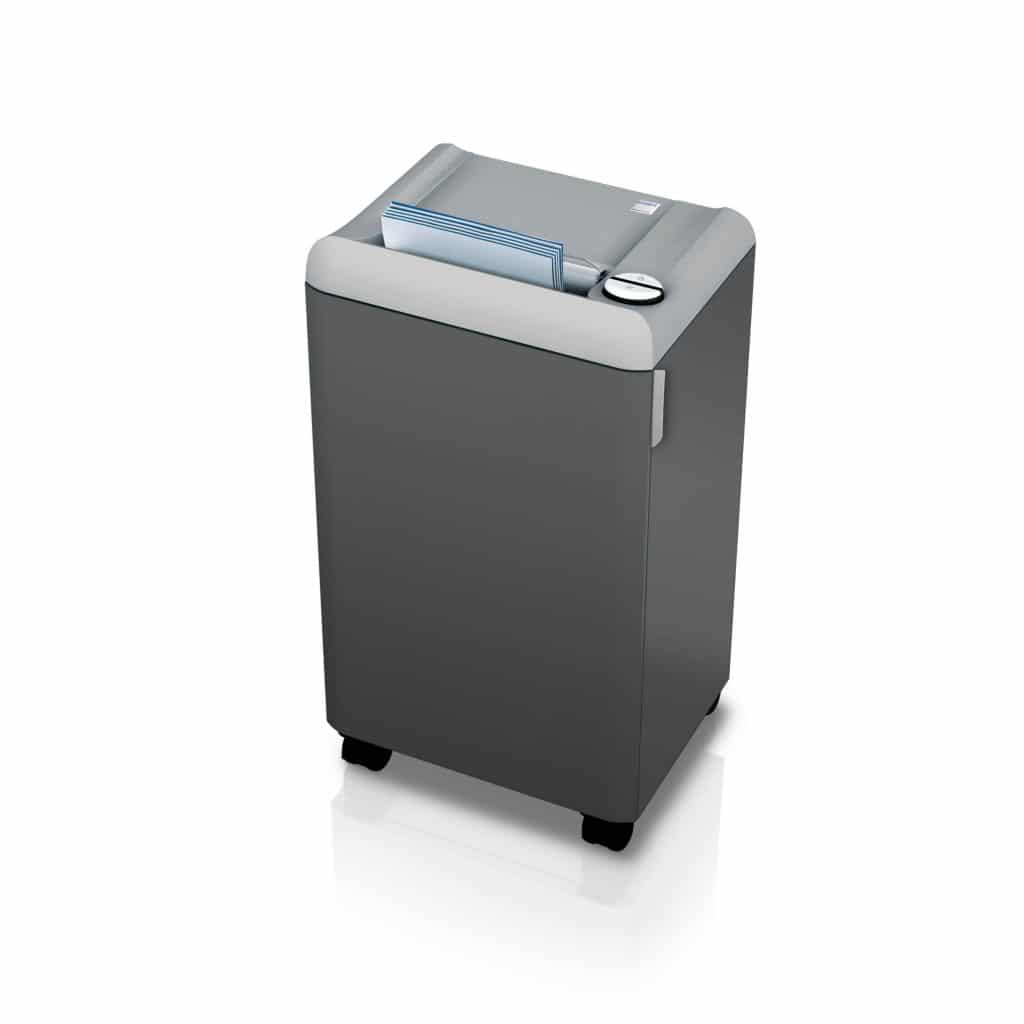Working from Home During Covid-19
With respect to the unprecedented times into which the world has unfortunately fallen, many people have had to adapt to working remotely to protect their and others’ health. This change has come with unique challenges for both individuals and organizations, especially those that work with sensitive information, Personally Identifiable Information (PII), and classified information. When working with sensitive data, it’s important that remote workspaces are properly secured to prevent security risks, especially when data breaches can cost a company millions. Here are some tips about working from home in general, and what to do to prevent leaking data.
First and foremost, stay organized.
Sometimes at home, it can be easy to lose track of time. Taking periodic breaks to stretch and eat can be helpful for your mind and body to gather more energy to get back to work. It’s also easy to blend your work environment with your home environment and can start to associate where you live with your job. Make a designated workspace if you can and stick to keeping work there, which will help your brain to switch more easily between work mode and home mode. Create a schedule, whether that be for your lunch and dinner times, or whatever time you wake up. This will help you prioritize your day and ensure your work-life balance is able to stay intact. Lastly, when working from home, your computer is your most valuable asset to completing the job accordingly. Keeping your devices and software updated and making sure all the necessary files are accessible so features can function appropriately is of utmost importance. Any suspicious problems with your computer should be addressed by IT so you can do your job securely.
Develop a policy, get essential gear.
Due to the required stay at home order put in place around the world, Covid-19 has forced many companies to have their employees work from home. This trend in working from home is bound to take off post-coronavirus as companies like Twitter and Google are already allowing their employees to work from home indefinitely. For many, this is a more flexible and comfortable option for those who can do their job on a computer wherever there is Wi-Fi without being in the confines of an office. According to research, 85% of C-suites and 60% of small business owners agree that the risk of a data breach is higher when employees work off-site than when they work at the office. With this uptick trend in working from home, it is critical that employees follow a remote work policy while being equipped with the proper devices to promote safety at home. Apart from establishing a VPN for all remote workers to access their data, a communication plan should be taken into account. Whether that’s Zoom, Skype, Microsoft Teams, or email alone, make sure these new policies are communicated effectively to all parties handling sensitive information daily. Establishing a breach notification process for employees to follow can ensure the problem is addressed as quickly as possible. It will allow the organization to minimize the damage and take preventative action.
The best way to destroy sensitive paper information is with a shredder. For unclassified data, the SEM Model 1324P cross-cut commercial paper shredder is an ideal size to be situated beside your work-from-home desk set-up. Meeting the DIN-66399 level P-4 security level, this device is fantastic for personal use application. For those employees handling classified data, the SEM Model 1324C/3 high security paper shredder is listed on the NSA/CSS Evaluated Product List. This device is also perfect for low volume small areas while meeting DIN-66399 level P-7. Both devices are ergonomically designed, easily maneuvered, and under 50 pounds.

It’s impossible to know if/when data will be compromised. But with preventative measures put in place like adopting a shredding policy, the risk is mitigated. It’s a legal and ethical responsibility for all organizations to protect PII and trade secrets within to prevent these potential irreversible breaches. By having a shredder in your workspace, you are taking the step to ensure sensitive data doesn’t fall into the wrong hands. This can help reduce the risks from within for corporate citizens and customers alike.
As always, we’re here if you have any questions. Contact us today to learn more about data destruction while working from home and, more importantly, stay healthy and safe.


